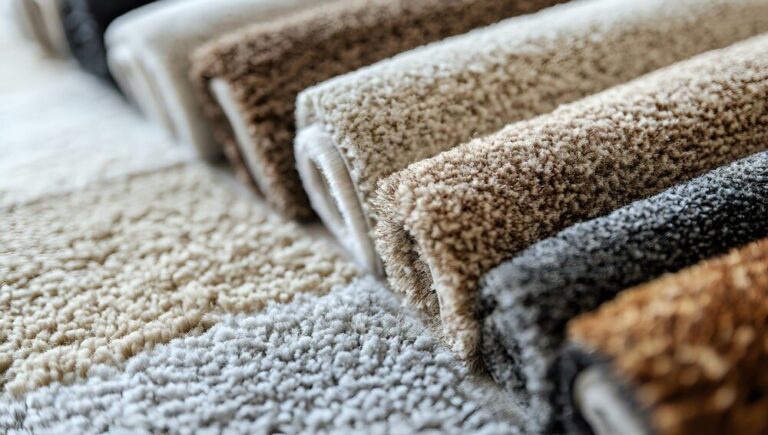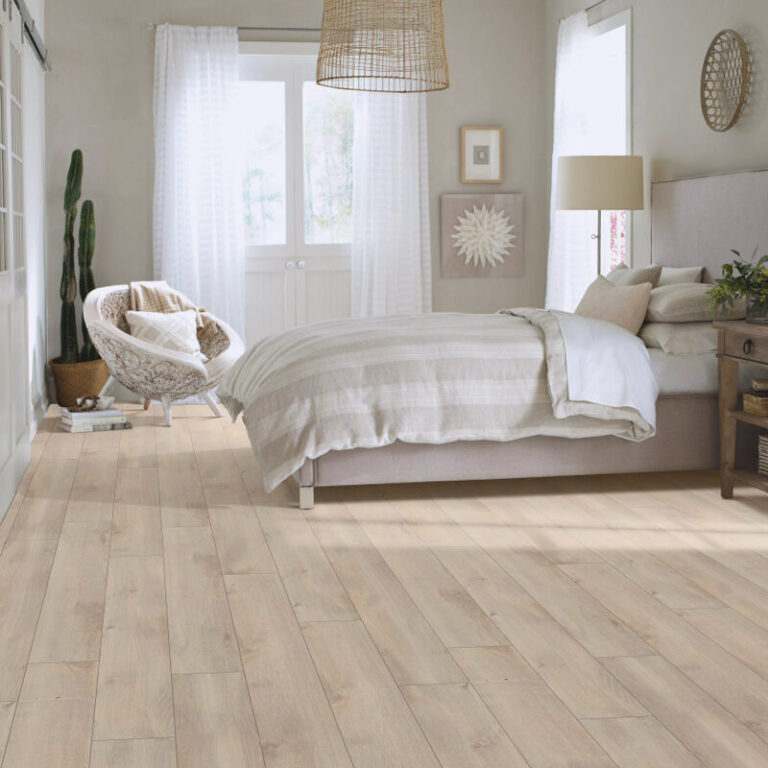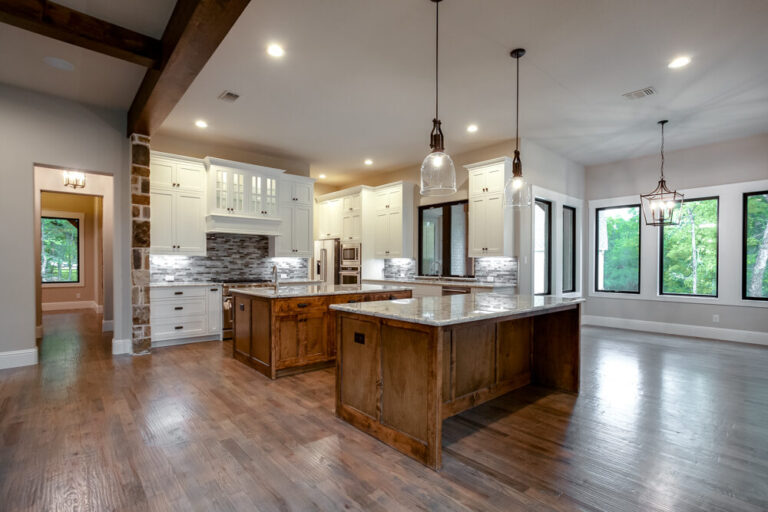- Flooring
Engineered Hardwood vs. Solid Hardwood: Making the Right Choice for Your Texas Home
June 12, 2025
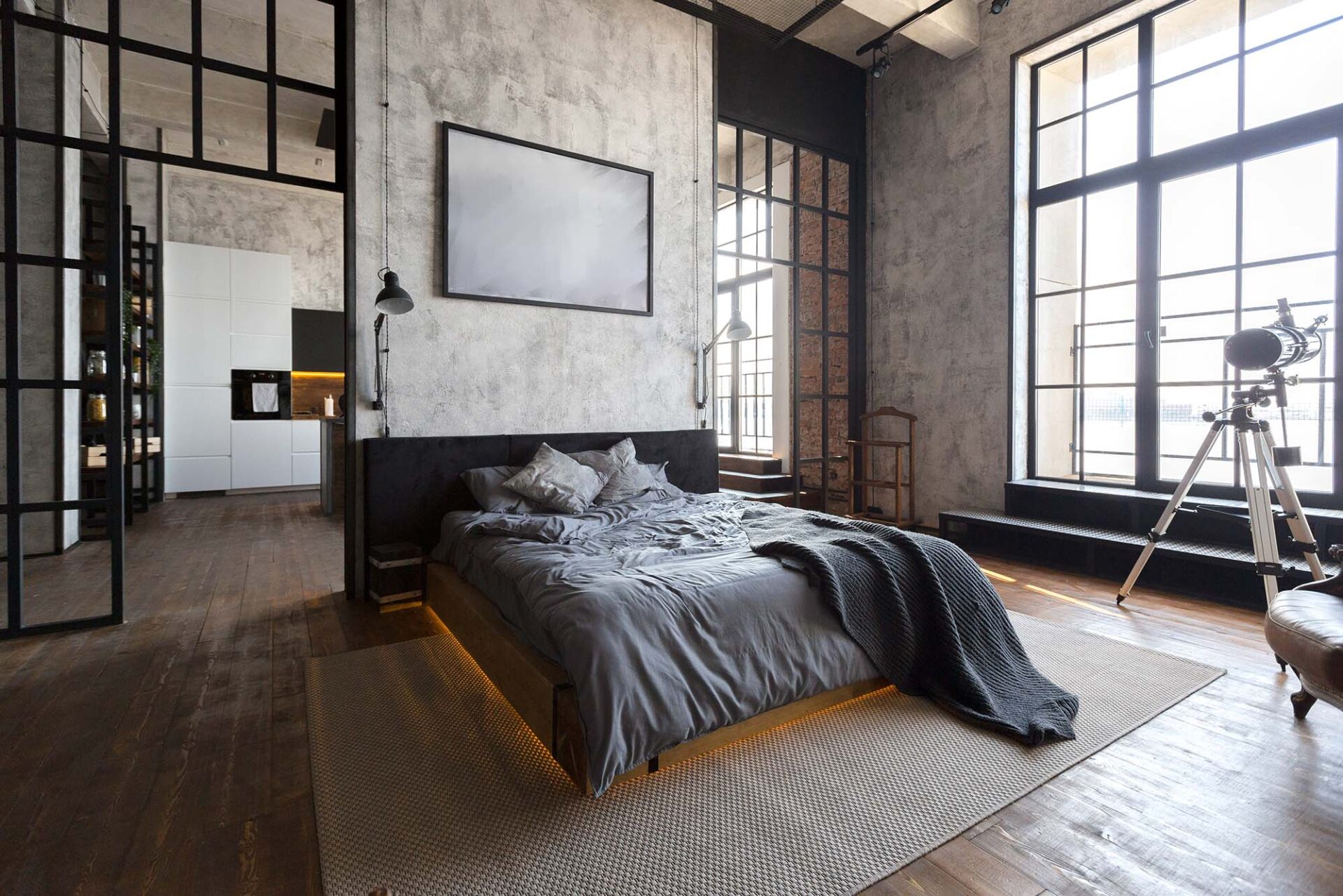
Choosing hardwood flooring is a significant decision for any homeowner in Denton, TX, and across the vast communities we serve, from Frisco to Southlake. It’s an investment that adds timeless beauty and value to your home.
However, the world of hardwood isn’t as simple as just picking a color. A crucial distinction lies between engineered hardwood vs. solid hardwood, and understanding their differences is key to selecting the perfect floor for your lifestyle, climate, and subfloor. At The Design House, your local family of home interior transformation specialists, we guide you through these important choices with foresight and integrity.
Let’s delve into a comprehensive comparison of solid vs engineered hardwood to help you make an informed decision for your Texas home.
Understanding the Construction: Solid vs Engineered Hardwood
The primary difference between these two popular flooring types lies in their construction.
Solid Hardwood
- Composition: As the name suggests, solid hardwood flooring is made from a single, solid piece of timber from top to bottom. Common species include oak, maple, hickory, and walnut.
- Thickness: Typically 3/4 inch thick, though thinner options exist.
- Installation: Primarily installed by nailing or stapling planks directly to a wooden subfloor.
- Refinishing: Can be sanded and refinished multiple times throughout its lifespan (often 4-6 times or more, depending on the wear layer).
Engineered Hardwood
- Composition:Engineered hardwood is a multi-layered product. It consists of a top layer (veneer) of real hardwood (the species you see on the surface) adhered to multiple layers of high-quality plywood, high-density fiberboard (HDF), or sometimes another wood species as the core. These core layers are cross-ply construction, meaning they are laid in opposing directions.
- Thickness: Varies, generally from 3/8 inch to 3/4 inch. The thickness of the top veneer layer is critical for determining how many times it can be refinished.
- Installation: Can be nailed, stapled, glued down, or installed as a floating floor (especially with click-lock systems).
- Refinishing: Can be sanded and refinished, but the number of times depends directly on the thickness of the top veneer layer (usually 1-3 times, or sometimes more for very thick veneers).
Head-to-Head Comparison: Solid vs Engineered Hardwood
Now, let’s break down the pros and cons of solid vs engineered hardwood across key factors relevant to homeowners in Denton and the broader North Texas region.
Dimensional Stability and Moisture Resistance
This is a critical factor, especially given Texas’s fluctuating temperatures and humidity levels.
- Solid Hardwood:
- Pros: Authentic and natural.
- Cons: More susceptible to expanding and contracting with changes in humidity and temperature. This can lead to gapping, cupping, or crowning if not properly managed or if humidity levels are extreme. Not recommended for basements or areas with high moisture.
- Texas Relevance: Requires consistent indoor humidity control (humidifiers/dehumidifiers) to minimize movement, particularly during humid summers and dry winters. Not ideal for below-grade installations.
- Engineered Hardwood:
- Pros: Superior dimensional stability. The cross-ply construction of its core layers makes it much more resistant to changes in temperature and humidity, reducing the likelihood of warping, cupping, or gapping.
- Cons: While more stable, it’s not entirely impervious to extreme moisture; standing water can still cause damage.
- Texas Relevance: A much better choice for Texas’s varied climate. Its stability makes it suitable for concrete slab foundations (common in our area) and can often be installed in basements where solid hardwood is not recommended.
Installation Methods and Subfloor Compatibility
- Solid Hardwood:
- Pros: A traditional, time-tested installation method.
- Cons: Must be nailed or stapled to a wooden subfloor (plywood or OSB). Cannot be installed directly over concrete slabs or below grade.
- Engineered Hardwood:
- Pros: Highly versatile in installation. Can be nailed, stapled, glued down directly to concrete (with proper moisture barrier), or installed as a floating floor over various subfloors.
- Cons: Floating installations might feel slightly less “solid” underfoot than a glued or nailed down floor.
- Texas Relevance: Its ability to be glued directly to concrete slabs makes it a very popular and practical choice for many homes in Denton and surrounding areas, which often have concrete foundations.
Refinishing Potential
- Solid Hardwood:
- Pros: Can be sanded and refinished many times over its lifespan, allowing it to be refreshed and renewed for decades. This makes it a multi-generational flooring choice.
- Engineered Hardwood:
- Pros: Can be refinished, but the number of times depends on the thickness of the top veneer. Thicker veneers (e.g., 4-6mm) can typically be refinished 2-3 times. Thinner veneers (e.g., 2mm) might only allow for a light “screening” and recoating, or no refinishing at all.
- Cons: Limited refinishing potential compared to solid hardwood.
Cost
- Solid Hardwood:
- Pros: Long-term investment due to its ability to be refinished multiple times.
- Cons: Often has a higher upfront material and installation cost than engineered hardwood, especially for premium species or widths.
- Engineered Hardwood:
- Pros: Generally more budget-friendly than solid hardwood, offering the look of real wood at a lower price point. Installation can also be less expensive, particularly for floating installations.
- Cons: Less long-term value if the veneer is thin and cannot be refinished multiple times.
Aesthetics and Realism
- Solid Hardwood:
- Pros: The ultimate in authentic beauty, with natural variations, unique grain patterns, and the ability to choose custom stains. A timeless look and feel.
- Engineered Hardwood:
- Pros: Looks identical to solid hardwood on the surface, as the top layer is real wood. Available in a vast array of species, finishes, and plank sizes. Advanced manufacturing allows for very precise milling and beautiful finishes.
- Cons: The limited thickness of the top veneer can sometimes be a consideration for those prioritizing extreme longevity through multiple refinishes.
Environmental Impact
- Solid Hardwood: Can be a sustainable choice if sourced from responsibly managed forests.
- Engineered Hardwood: Uses less of the slower-growing, desirable hardwood species per plank, as only the top veneer is solid hardwood. The core layers often use fast-growing woods. This can make it a more environmentally friendly option in terms of resource utilization.
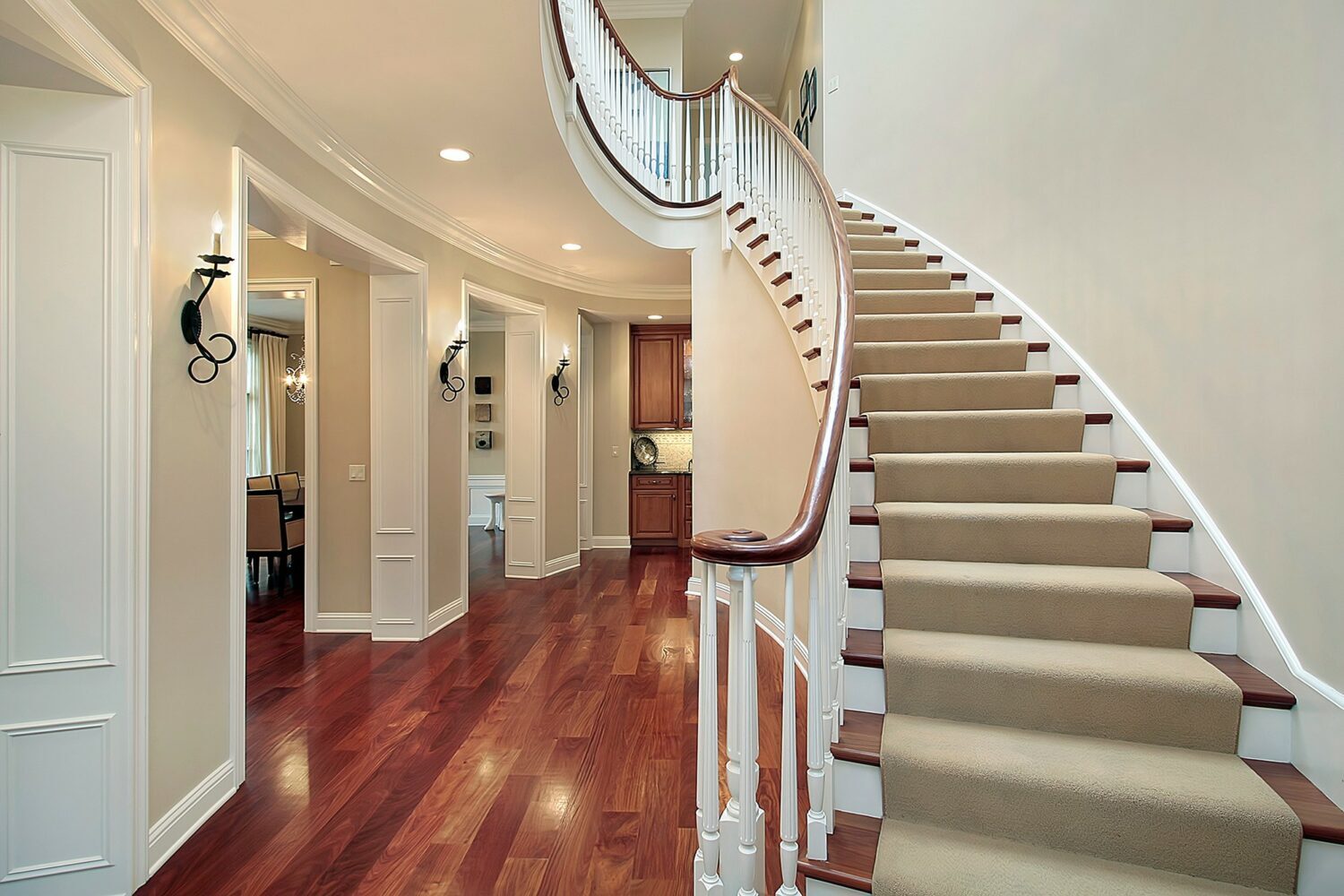
Making Your Choice with The Design House
Deciding between solid vs engineered hardwood for your Denton, TX, home involves weighing these factors against your specific needs, subfloor conditions, budget, and long-term vision for your home.
- Choose Solid Hardwood If: You want the most authentic, traditional hardwood experience, have a wooden subfloor, are committed to humidity control, and desire the ability to refinish your floors multiple times over many decades.
- Choose Engineered Hardwood If: You have a concrete slab foundation, need greater dimensional stability due to fluctuating humidity, prefer a more versatile installation, or want the look of real wood at a potentially lower price point.
At The Design House, we are your home interior transformation specialists, serving Denton, TX, and surrounding communities with superior design, quality products, and expert installation. We strive to be the best provider of superior design, quality products, installation and build services throughout Denton, TX, adding value for our customers through foresight, integrity, and excellent performance. Call The Design House or visit our Denton, TX flooring store!
Service Areas
We service the areas of Argyle, Aubrey, Carrollton, Corinth, Denton, Flower Mound, Frisco, Justin, Krum, Lake Dallas, Lewisville, Little Elm, Pilot Point, Ponder, Roanoke, Sanger, The Colony, Colleyville, Crowley, Grapevine, Haslet, Hurst, Keller, Southlake, Celina, Frisco, Mckinney, Plano, Bridgeport, and Decatur, TX.
- engineered hardwood
- hardwood
- solid hardwood

